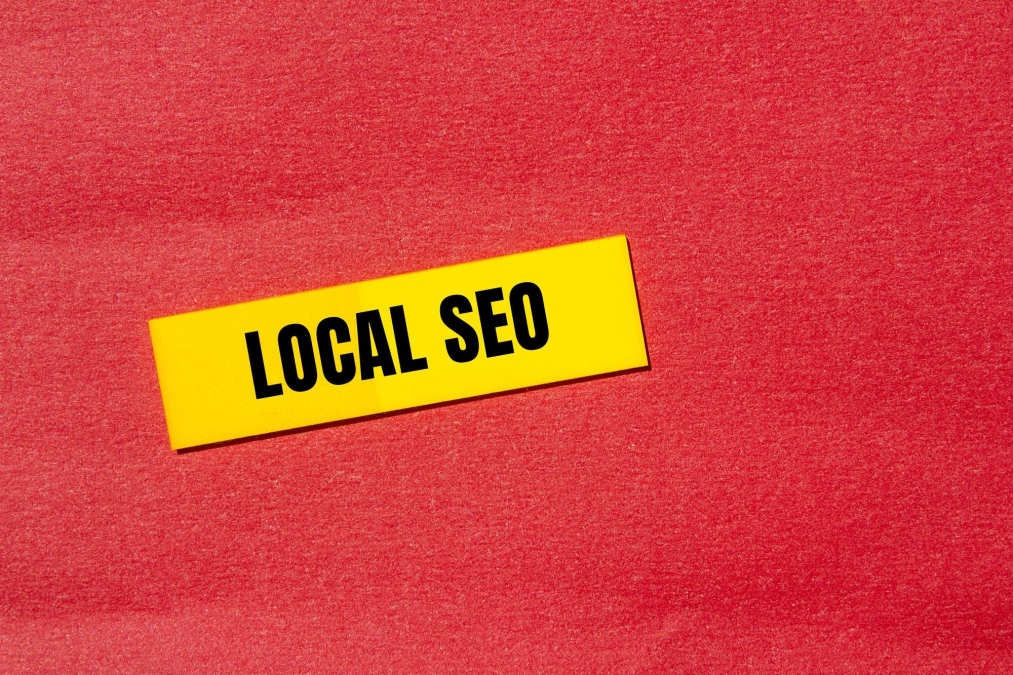Title Tags are Crucial for Local SEO Success
When users search for local services, the title tag is often their first point of contact on the search engine results page. It serves as your clickable headline. Optimizing title tags to be clear, relevant, and locally focused can immediately attract the ideal audience. But if it’s too generic, your listing may be ignored—even if it ranks well.
In the world of local SEO—where competition is laser-focused and intent-driven—your title tag significantly affects your click-through rate. When done right, it not only drives more clicks but also signals strong local relevance to search engines.
What a Title Tag Is and Its Role in SEO
A title tag is an HTML element that defines the page’s title. It’s what appears in search engine results and at the top of a browser tab. For search engines, it sets the context of the page. For users, it often determines whether they click or scroll past.
By adding geographic relevance—such as a city name, neighborhood, or “near me” phrase—you signal both to Google and users where your business operates. This boosts your relevance in local searches.
For instance, someone searching “best yoga classes in Austin” will likely skip a title like “Yoga Studio | Welcome.” But if your tag says “Top-Rated Yoga Classes in Austin | Mindful Movement Studio,” you’ve already gained an edge.
Components of a Well-Optimized Local Title Tag
A strong title tag for local SEO should be:
-
Clear and to the point
-
Include your main keyword
-
Mention your location or service area
-
Stay within Google’s display limit (around 50–60 characters)
Let’s look at a practical example. Say you’re optimizing a page for a plumbing business based in Chicago. An ideal tag might be:
“Emergency Plumber in Chicago | 24/7 Licensed Plumbing Services”
This covers:
-
The primary keyword: Emergency Plumber
-
The location: Chicago
-
A trust-building USP: 24/7 Licensed Plumbing Services
This combination enhances both your ranking potential and your chances of getting clicks.
How Google Interprets Title Tags Today
Google doesn’t always use the exact title tag you provide. It may revise it to better align with user queries or reflect page content more precisely. To reduce this risk, make sure your title:
-
Closely mirrors your page’s H1 heading
-
Matches the search intent
-
Avoids excessive keyword repetition
When your title tag, headers, and content all align, Google is more likely to retain your version. Although edits can happen, optimizing title tags for local SEO gives you more control over how your pages appear in search.
Writing Better Local Title Tags: Practical Tips
Start With Your Main Keyword
Use a keyword that reflects local search intent, like “best dentist in NYC” or “Miami wedding photographer.” Place it near the beginning of your tag to ensure it gets seen.
Mention Your Target Location
Always include the specific city or service area you want to rank in. If you operate in multiple areas, create dedicated landing pages with location-specific titles.
Make Your Tag Stand Out
Add value-driven phrases like “Same-Day Service,” “Top Rated,” “Free Quote,” or “Trusted Since 2001” to differentiate your business in the local results.
Avoid Repetitive or Generic Titles
Each city or service page should have its own unique tag. Don’t reuse titles with slight changes—it weakens your local relevance.
Keep It Within the Ideal Length
Stick to 50–60 characters. Long titles may be cut off, especially on mobile devices. Put your most important words up front.
Mistakes to Avoid in Title Tag Optimization
Don’t overdo your keywords. A tag like “Plumber Chicago | Plumbing Chicago | Chicago Plumber” looks spammy and may prompt Google to rewrite it or penalize the page.
Also, don’t skip the location. A vague title like “Expert Legal Help” won’t perform well for local queries unless it specifies where your services are offered.
Avoid using your business name alone—unless you’re a well-known brand. “Smith & Sons” doesn’t convey what you do or where you’re based. Add keywords and location to make it useful for new users.
Monitoring the Effectiveness of Title Tags
After optimizing title tags for local SEO, track their performance. Use Google Search Console to monitor impressions, CTR, and clicks per page.
If a page ranks well but gets few clicks, try tweaking the title for better clarity, actionability, or location relevance.
You can also use Ahrefs, Semrush, or tools like Rank Math (for WordPress) to compare your tag performance against competitors and local keyword trends.
Real-Life Example: Doubling CTR Through Tag Improvements
A Dallas-based lawn care company ranked on page one but saw minimal traffic. Their original tag—“Home | GreenThumb Landscaping”—was too vague. After updating it to:
“Affordable Lawn Care in Dallas | GreenThumb Landscaping”
They saw their CTR double in just a month.
Why it worked:
-
Clear benefit: Affordable
-
Local focus: Dallas
-
Brand consistency: Company name
-
All within the character limit
Scaling this approach across multiple landing pages can bring in hundreds of extra clicks with minimal effort.
High Impact, Low Effort SEO Wins
In local SEO, small changes can lead to big improvements. A well-optimized title tag can deliver faster results than major content overhauls. It’s often the first thing potential customers see, and making it count can drive real growth. Whether you’re managing your own site or handling client work, take time to refine your title tags regularly. They’re quick to change, easy to test, and powerful in effect. Focus on clarity, relevance, and local alignment. By consistently optimizing title tags for local SEO, you’ll improve visibility, engagement, and conversion—one search result at a time. For expert help with your local SEO strategy and to ensure your title tags are fully optimized, get in touch with BPCustom today.
Interesting Reads
Top Metrics that Define Local SEO Success in 2025





